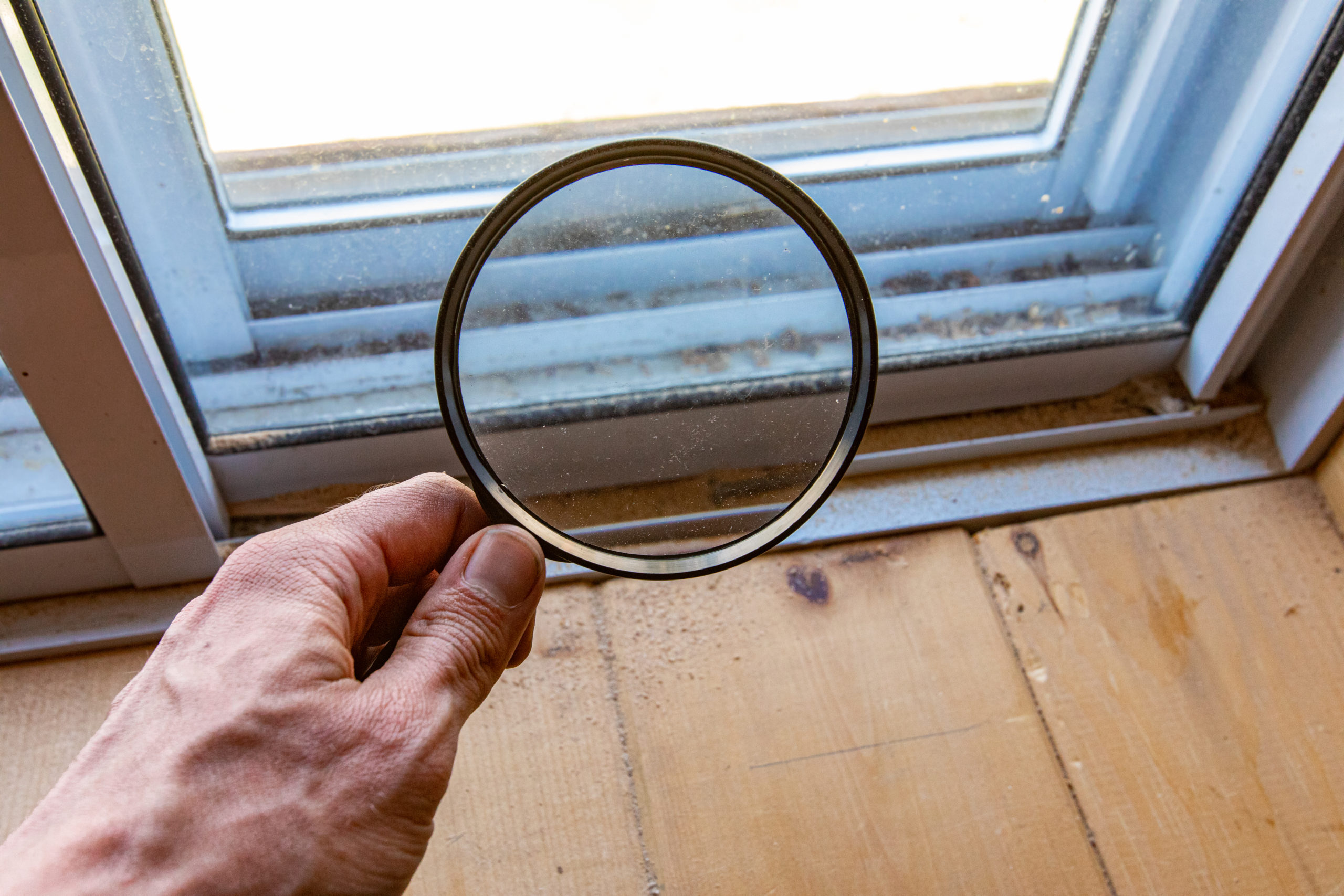
Little spores can quickly grow into a large problem as they negatively affect your health, eat away at surfaces within your home, and spread faster than you anticipate.
Mold inspections, thankfully, help you to take back control of the situation by empowering you with knowledge.
And if you’re wondering about the general ins and outs of this particular service, we’re here with all the answers you need:
When Should You Get a Mold Inspection?
It’s a given that you’ll want to undergo a mold inspection if you see mold, as you need to find out how best to treat the causes and mitigate further growth. But if you do a visual inspection to no avail, consider scheduling an investigation…
- When you’re experiencing physical symptoms
The Environmental Protection Agency (EPA) reports that mold exposure may cause or exacerbate physical discomfort, manifesting as allergic reactions or inducing “hay-fever-like symptoms.” If these symptoms ease when you are away from home, mold is a likely culprit.
- When things smell mildewy or just plain off
According to the Centers for Disease Control and Prevention (CDC), mold “can smell musty” as it grows throughout your home. If a musty or mildewy odor lingers in your home and you can’t figure out why, we recommend you schedule a mold investigation.
- When you’ve experienced moisture intrusion or water damage
As explained by the Indoor Air Quality Association (IAQA), “certain molds have the ability to grow within 24 to 48 hours.” Thus, you’ll want to have an inspection performed as soon as possible after water damage has taken place.
What Can You Expect During/After a Mold Inspection?
When you schedule a mold investigation with Luce Air Quality, we’ll start by doing a structural investigation of your property and collect several building diagnostics. This allows us to identify any conditions that may be conducive to poor indoor air quality.
During this process, we will develop a sampling plan that we feel would provide the best data to determine…
- If and to what degree there is a mold problem
- Where the mold growth is located
- The causes and contributing factors of the mold growth
At the conclusion of the investigation, we will provide you with a brief overview of all of our findings, as well as recommendations to correct the identified causes that will be laid out in our reports.
You will then receive your report depending on when we complete our inspection. If your appointment was scheduled to take place before 3 p.m., you’ll receive your report by the end of the business day. However, if it occurred after 3 p.m., you will receive it the following business day.
Who Will Perform Your Mold Inspection?
If you’ve experienced any of the aforementioned, or if you have other reasons to suspect mold may be present in your home, don’t wait to call your locally-trusted indoor air quality professionals!
Particularly as the hurricane season has not yet ended, you want to make sure you are remaining both vigilant and cautious with each passing storm.
“After a natural disaster such as a hurricane or flood, excess moisture and water can contribute to the growth of mold in homes,” the Federal Emergency Management Agency (FEMA) explains.
Thankfully, if you’re not sure who to reach out to for help, Luce Air Quality is ready and waiting to help you breathe a healthy sigh of relief!
Not only do we provide certified mold inspections, but we also perform water damage surveys, deliver rapid results, and offer trusted answers. So, if you’re ready to schedule with our team, reach out today by calling 904-803-1014!


